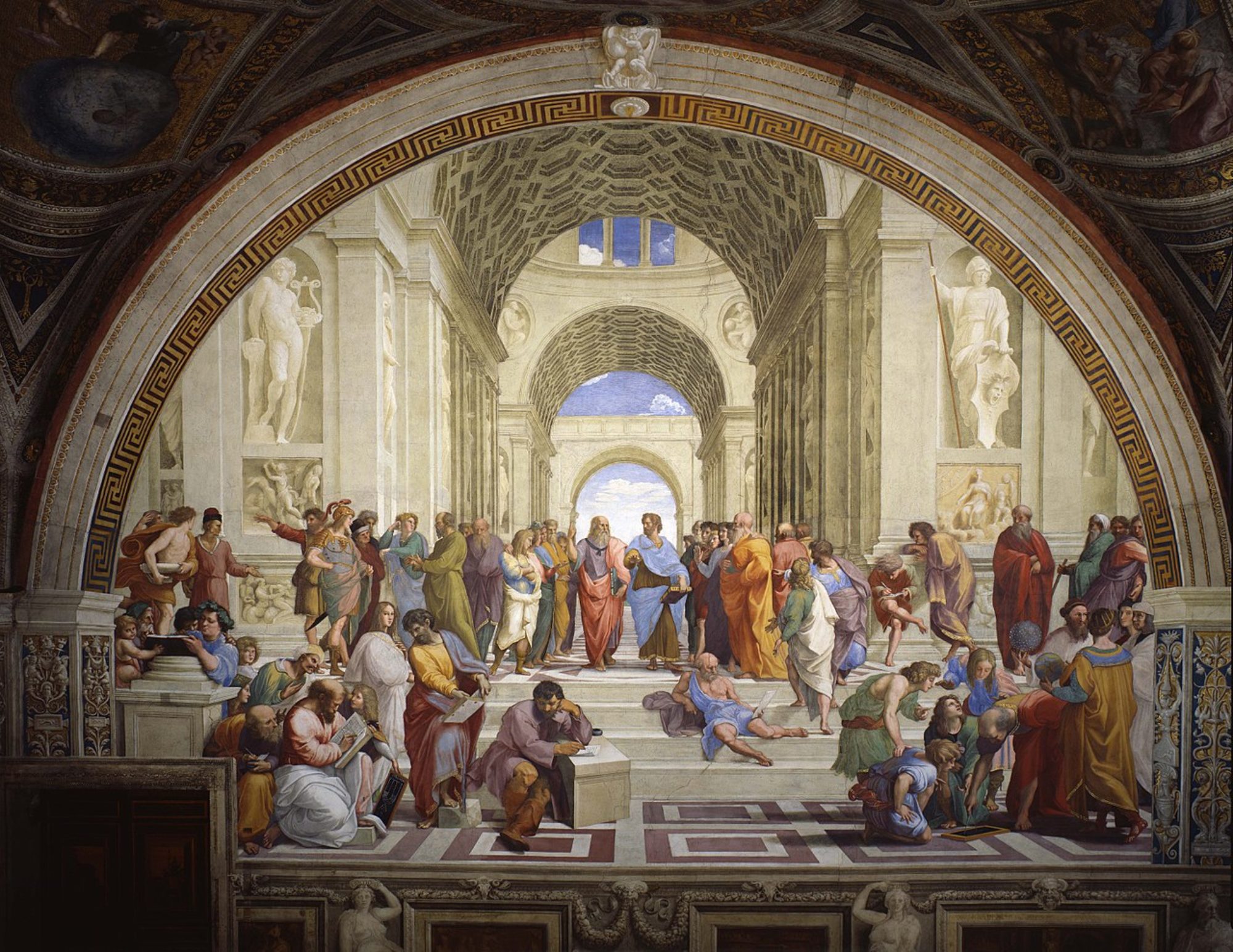Channel: MisterAncientMusic
Duration: 3:44
Description: The Ensemble de Organographia has done it again, successfully reconstructing surviving ancient Musical pieces from Greece. (Their other album covered Sumeria, Egypt and Greece.)
Music was essential to the pattern and texture of Greek life, as it was an important feature of religious festivals, marriage and funeral rites, and banquet gatherings. Our knowledge of ancient Greek music comes from actual fragments of musical scores, literary references, and the remains of musical instruments. Although extant musical scores are rare, incomplete, and of relatively late date, abundant literary references shed light on the practice of music, its social functions, and its perceived aesthetic qualities. Likewise, inscriptions provide information about the economics and institutional organization of professional musicians, recording such things as prizes awarded and fees paid for services. The archaeological record attests to monuments erected in honor of accomplished musicians and to splendid roofed concert halls. In Athens during the second half of the fifth century B.C., the Odeion (roofed concert hall) of Perikles was erected on the south slope of the Athenian akropolis—physical testimony to the importance of music in Athenian culture.
In addition to the physical remains of musical instruments in a number of archaeological contexts, depictions of musicians and musical events in vase painting and sculpture provide valuable information about the kinds of instruments that were preferred and how they were actually played. Although the ancient Greeks were familiar with many kinds of instruments, three in particular were favored for composition and performance: the kithara, a plucked string instrument; the lyre, also a string instrument; and the aulos, a double-reed instrument. Most Greek men trained to play an instrument competently, and to sing and perform choral dances. Instrumental music or the singing of a hymn regularly accompanied everyday activities and formal acts of worship. Shepherds piped to their flocks, oarsmen and infantry kept time to music, and women made music at home. The art of singing to one’s own stringed accompaniment was highly developed. Greek philosophers saw a relationship between music and mathematics, envisioning music as a paradigm of harmonious order reflecting the cosmos and the human soul.
Published: July 26, 2011 1:24 pm
